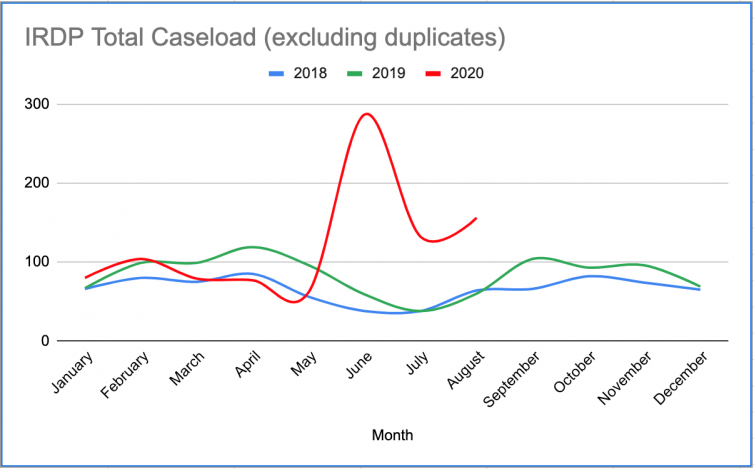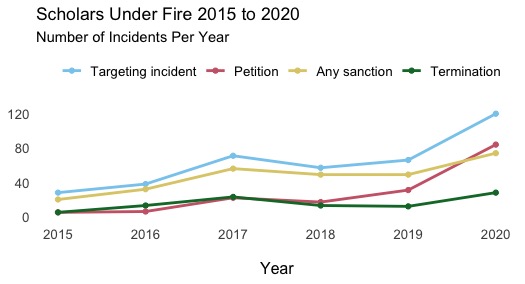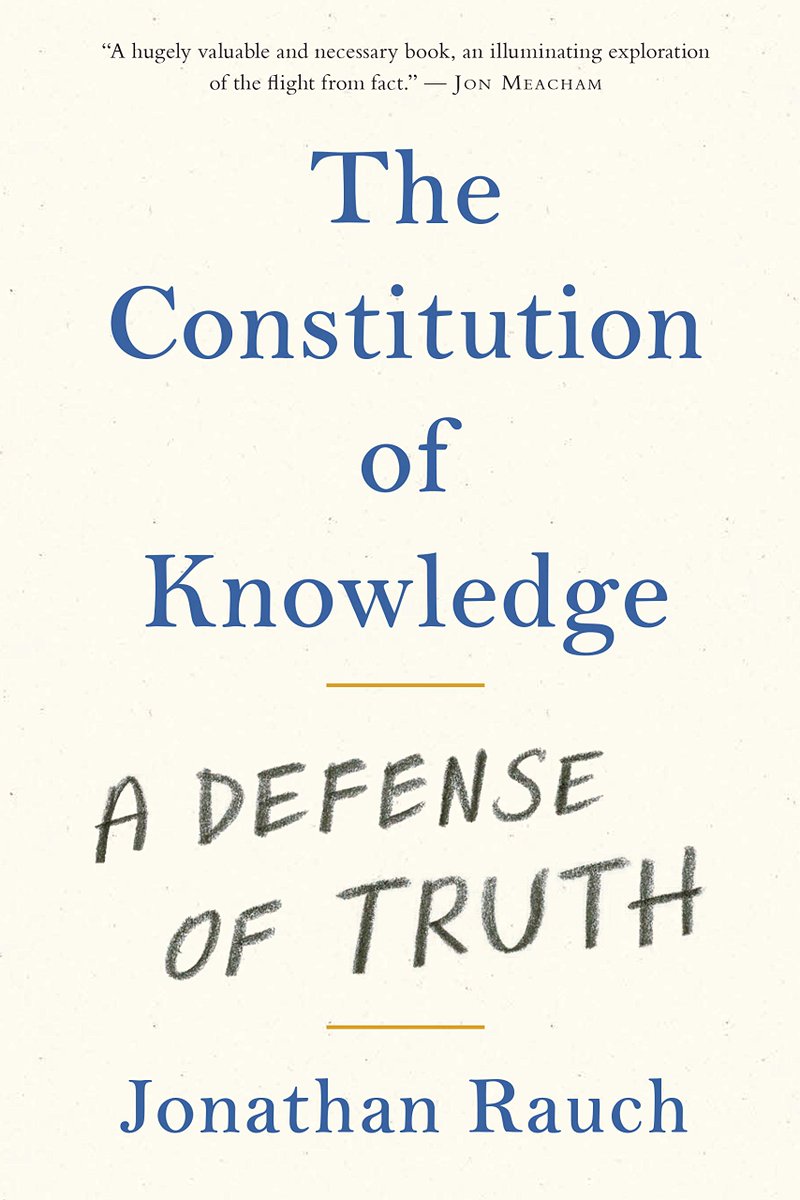
THREAD: Free speech culture didn’t come out of nowhere, it’s been built on the foundation of centuries of conflict, philosophy & law. If you want to brush up on the history, look no further than my #FreeSpeech Culture Study List. 1/18
thefire.org/gregs-recommen…
thefire.org/gregs-recommen…
With a unique & international perspective, @JMchangama’s timely & thorough “Free Speech: A History from Socrates to Social Media” shows how ancient & global the fight for free speech has been. 2/18
amzn.to/3BoqFfF
amzn.to/3BoqFfF
The most important book of 2021 IMO was @jon_rauch’s Constitution of Knowledge. Jon covers crises in our knowledge producing fields, higher education & journalism, & reveals the true value of The Enlightenment: the discovery of our profound ignorance. 3/18
amzn.to/2RyyxtS
amzn.to/2RyyxtS
If you’re unfamiliar with the ancient Greek concepts of isegoria & parrhesia, or you’re unaware of the impact that Rhode Island founder Roger Williams had on the American model for free speech, go pick up a copy of @tmbejan’s great “Mere Civility.” 4/18
amzn.to/3g0ya2o
amzn.to/3g0ya2o
In “A Wicked Company: The Forgotten Radicalism of the European Enlightenment,” Philipp Blom reminds us that some of the strongest arguments for free speech were articulated in repressive societies. 5/18
amzn.to/2ZYLMWu
amzn.to/2ZYLMWu
Michael Kent Curtis’s “Free Speech, The People’s Darling Privilege: Struggles for Freedom of Expression in American History” gives a crash course on the state of the culture of #freespeech under a much weaker #FirstAmendment leading up to 1925. 6/18
amzn.to/300Im5p
amzn.to/300Im5p
John Stuart Mill’s 1859 treatise On Liberty remains the single most influential work on free speech in history. Check out “All Minus One,” @HdxAcademy’s beautifully illustrated version of the seminal work. 7/18
heterodoxacademy.org/library/all-mi…
heterodoxacademy.org/library/all-mi…
In “Free Speech in its Forgotten Years, 1870-1920,” David M. Rabban details the period between the enactment of the 14th amendment & when SCOTUS finally used it to give the 1st amendment teeth. 8/18
amzn.to/3g43tt5
amzn.to/3g43tt5
In their 1915 Declaration of Principles & 1940 Statement on Academic Freedom & Tenure, the @AAUP laid out the compelling case that free speech is critical in academia, & that its protection is as reliant on cultural norms as it is on 1A case law. 9/18
aaup.org/report/1940-st…
aaup.org/report/1940-st…
ZERO TWEET: Keep reading for more of my recommended Free Speech Culture Study List, or click below for my thoughts on @emmma_camp_’s important @nytimes piece & the backlash it received. 0/18
https://twitter.com/glukianoff/status/1501712002623975428
“The Great Dissent” by @HealyProf details how thinkers like Learned Hand & Harold Laski persuaded Justice Oliver Wendell Holmes to reinterpret the #FirstAmendment to actually mean something in the real world. 10/18
amzn.to/2D5stBK
amzn.to/2D5stBK
Past ACLU President Nadine Stossen reads West Virginia v. Barnette in the only court decision on this list. In it #SCOTUS established that school children couldn’t be compelled to make a value-laden commitment like the pledge of allegiance. 11/18
thefire.org/first-amendmen…
thefire.org/first-amendmen…
For that matter check out FSOL @TheFIREorg’s collection of important #FirstAmendment @USSupremeCourt cases read by 1A heroes like Strossen, @RosenJeffrey, Robert Corn-Revere & David Keating & plaintiffs/family members @marybtinker & @judy_bellaspina 12/18
thefire.org/first-amendmen…
thefire.org/first-amendmen…
Judge Learned Hand’s 1944 poetic speech, “The Spirit of Liberty” remains a stirring call to action, making the case that liberty must be safeguarded “in the hearts of men & women” rather than rely on being enshrined in law. 13/18
thefire.org/first-amendmen…
thefire.org/first-amendmen…
Aryeh Neier’s “Defending the Enemy” refutes “for me but not for thee” hypocrisy in free speech discourse. If you are surprised that a Jewish refugee of Nazi Germany could see the value in Neo Nazis’ free speech rights you need to read this classic. 14/18
amzn.to/300QqTT
amzn.to/300QqTT
In Nat Hentoff’s "Free Speech for Me - But Not for Thee" the free speech titan made the timeless argument that the impulse to censor ideological opponents is tempting to all. I am very proud I got to work with him while he was still with us. 15/18
amzn.to/39wtfnw
amzn.to/39wtfnw
While Mill’s "On Liberty" takes my top spot for the best work ever written on free speech, @jon_rauch’s "Kindly Inquisitors" is best on the topic in the last 30 years. Particularly impactful is the portion on the fatwa against @SalmanRushdie. 16/18
amzn.to/3f3kPoC
amzn.to/3f3kPoC
One common misconception is that if Weimar Germany had more stringent speech codes, the Nazis might not have risen to power. Flemming Rose debunks this falsehood in “The Tyranny of Silence.” 17/18
amzn.to/2D8iyLT
amzn.to/2D8iyLT
.@ericberkowitz4’s “Dangerous Ideas: A Brief History of Censorship in the West, from the Ancients to Fake News” is compelling & apt in its consideration of the class dynamics of censorship. 18/18
thefire.org/eric-berkowitz…
thefire.org/eric-berkowitz…
BONUS: Florida’s HB7 was just passed, banning some discussions of race & gender from public college classrooms. Any professors who are impacted by this unconstitutional bill should contact @TheFIREorg immediately at thefire.org/alarm. 19/18
https://twitter.com/TheFIREorg/status/1502072548665741322
• • •
Missing some Tweet in this thread? You can try to
force a refresh







